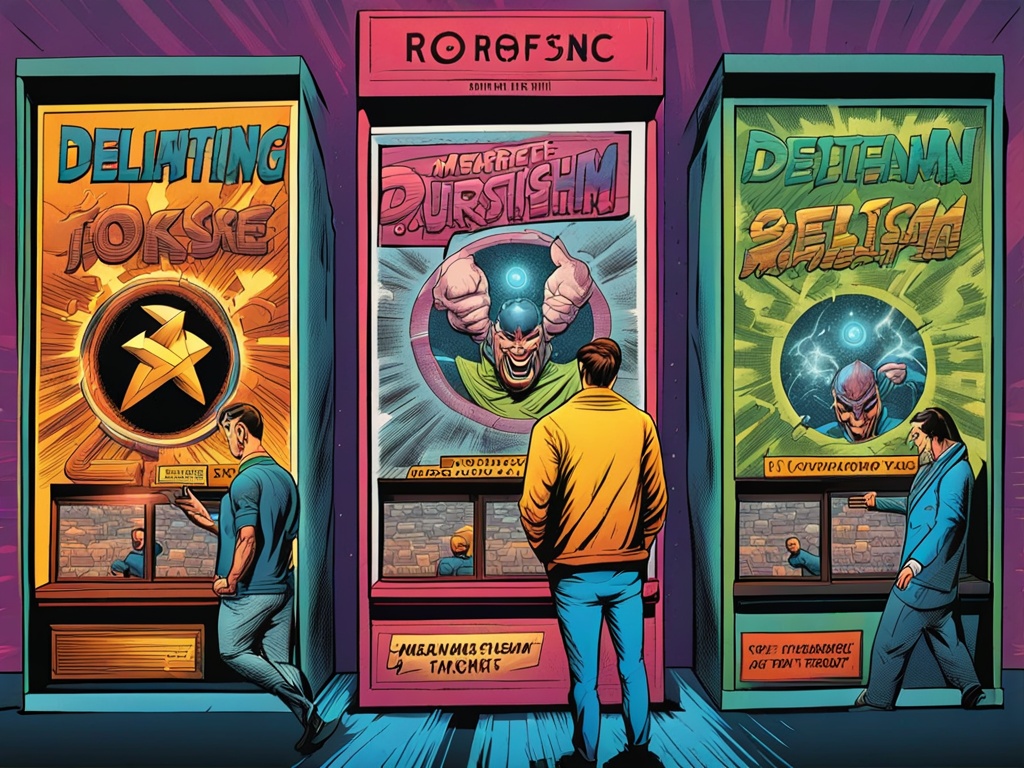Understanding Quantum Challenges in Blockchain Security ⚠️
Blockchain technology has gained traction as a transformative force in modern finance, renowned for its decentralization and security features. However, with advancements in quantum computing, there are rising concerns about the vulnerability of blockchain systems. This year, a fundamental question looms large: Are the investments in Web3 truly secure when faced with the impending quantum threats?
The Disturbing Quantum Computing Threat 🔍
Cryptography serves as the backbone of blockchain security, relying on complex mathematical problems to safeguard data. Prominent algorithms such as RSA and ECDSA are typically used for this purpose. Nevertheless, the distinct capabilities of quantum computers pose a threat, as they can employ algorithms like Shor’s to effectively and swiftly decode these cryptographic barriers. A report from the U.S. Department of Commerce’s National Institute of Standards and Technology (NIST), released in 2024, warns that without proactive adjustments, up to 99% of existing cryptographic methods could soon lose their effectiveness—a daunting prospect for the next decade.
The architecture of smart contracts, which support decentralized applications (dApps), is particularly susceptible to quantum attacks. The compromise of even a single private key can lead to an entire network being exploited. This stark vulnerability raises alarming possibilities; not only risk to individual assets but also severe repercussions for blockchain consensus mechanisms, placing the entire ecosystem in jeopardy.
Preparing Investments for Quantum Resilience 🛡️
Failing to adapt blockchain infrastructures for the quantum age could spell disaster for all industries leveraging decentralized technologies. Investor trust is at stake, leaving billions in digital assets prone to hacking and undermining the foundational principles of Web3. Securing blockchain investments against potential quantum threats is not merely a technical hurdle—it’s essential for long-term viability.
Building quantum-resilient Web3 investments starts with addressing existing vulnerabilities at the core level. Transitioning to post-quantum cryptography, specifically crafted to withstand quantum computational capabilities, stands out as a vital step forward. The recent release of three established quantum-resistant encryption standards by NIST provides a comprehensive framework for safeguarding trillions in digital assets while ensuring the longevity of blockchain networks.
However, transitioning to these advanced systems necessitates a phased approach. Utilizing a combination of traditional and quantum-proof encryption—referred to as hybrid cryptographic approaches—can act as a transitional solution. This strategy ensures that blockchain networks remain functional and secure while developers work towards integrating enhanced security features needed for durability.
Beyond enhancing encryption, the consensus methods employed by networks, such as Proof of Work (PoW) and Proof of Stake (PoS), must also progress. By incorporating quantum-resistant signatures, these systems can fortify their structural integrity without hindering scalability. A scholarly investigation from February 2024 underscores the urgent need for blockchain redesigns, advocating for cryptosystems that can withstand quantum breaching attempts, emphasizing collective responsibility in adopting quantum-resistant technologies within the crypto community.
Forging a Secure Future for Web3 🕹️
The era of quantum computing is rapidly approaching and poses significant challenges for blockchain security infrastructures. To ensure that the systems supporting Web3 investments are robust against quantum incursions, engineers throughout the sector must embrace a proactive security-first strategy. This includes embedding post-quantum cryptographic practices, rigorous stress testing of systems, and modernizing consensus protocols to endure advanced computational threats.
Recent industry shifts reflect the critical nature of these actions. For instance, Microsoft has proactively updated its essential cryptographic libraries to embed quantum-resistant algorithms, showcasing a commitment to minimize future risks. This demonstrates an increasing awareness across various sectors to prepare effectively for the quantum landscape. However, effective preparation requires a concerted effort from developers, investors, and businesses to construct a resilient, quantum-proof environment.
Hot Take: Navigating the Quantum Frontier 🚀
As quantum computing advances toward mainstream capabilities, a pressing inquiry emerges: Is the Web3 ecosystem equipped to endure, or will it falter in light of quantum vulnerabilities? Though the necessary tools and strategies for a quantum-proof future are within reach, the true challenge lies in the blockchain sector’s willingness to prioritize long-lasting resilience over temporary victories. The quantum revolution will not pause for blockchain development to catch up; the choices made today will determine whether decentralization remains a cornerstone of trust and innovation, or whether it becomes a mere shadow of what once could have been.
NIST Post-Quantum Encryption Standards
Quantum Cryptography – A Real Threat to Classical Blockchain





 By
By
 By
By


 By
By
 By
By